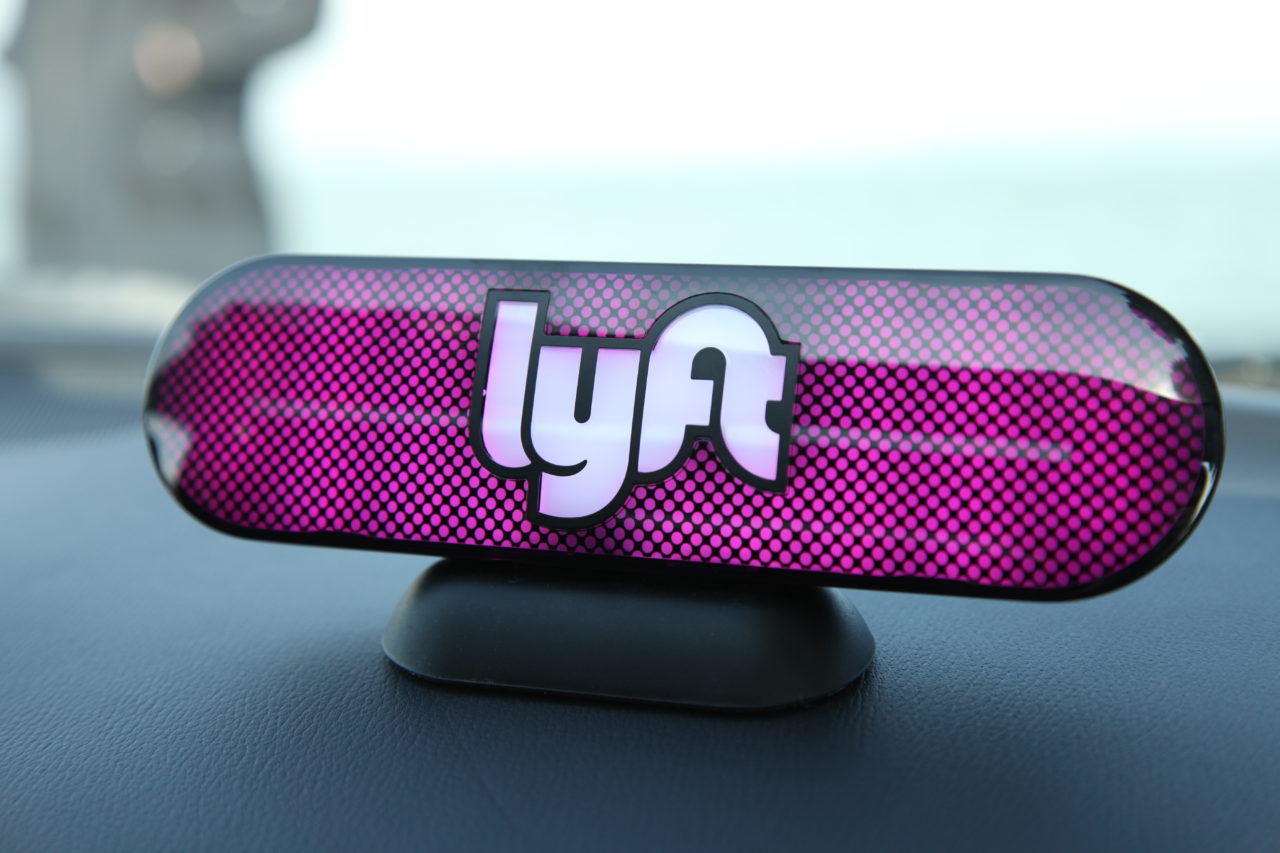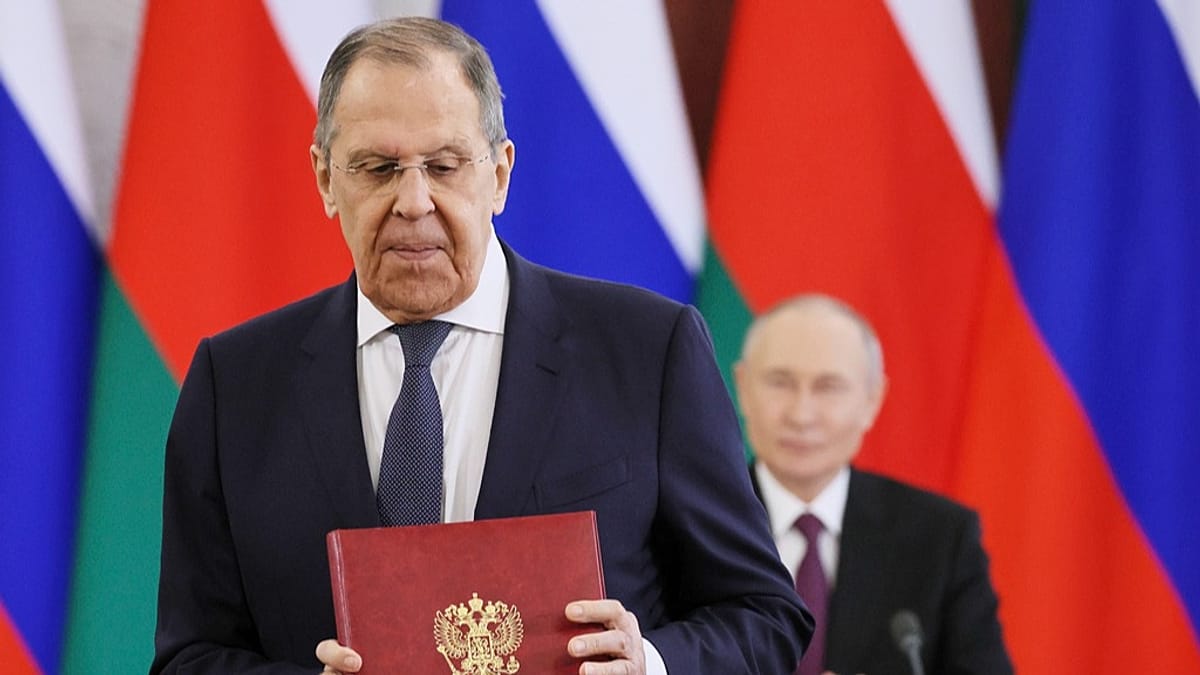Lyft Scoops Up Taxi App FreeNow in €175 Million Cash Deal to Enter Europe


In a bold move aimed at accelerating its international expansion, Lyft has acquired FreeNow, the prominent European ride-hailing and taxi aggregation app, in a €175 million cash deal. The acquisition marks Lyft’s official entry into the European market, positioning it in direct competition with established players like Uber and Bolt, and signaling a new chapter for the U.S.-based mobility giant.
This strategic deal, announced today, comes as Lyft looks to diversify its operations beyond North America and tap into Europe’s growing demand for multimodal urban transportation. The acquisition also brings to an end months of speculation over FreeNow’s future, following reports that parent companies BMW and Mercedes-Benz were looking to offload the app as part of a wider restructuring of their joint mobility ventures.
A European Power Move
FreeNow, which was originally launched as a joint venture between the two German automotive giants, has grown into one of Europe’s most widely used ride-hailing platforms. Operating in over 150 cities across more than 10 countries, including Germany, the UK, Spain, Italy, and Ireland, the app connects users to a variety of transport options, including licensed taxis, private hire vehicles, scooters, e-bikes, and car-sharing services.
While FreeNow has faced stiff competition from the likes of Uber and local players such as Bolt and Cabify, it has carved out a loyal user base in key urban centers and maintains strong regulatory relationships across the continent — something that will prove invaluable to Lyft as it navigates Europe’s fragmented and complex transport regulations.
For Lyft, the deal is a significant leap. Until now, the company had remained largely U.S.-focused, with only limited international exposure. The acquisition of FreeNow not only gives Lyft immediate access to a sizable European user base but also integrates a multimodal platform that aligns with its long-term strategy of offering flexible, sustainable, and user-friendly mobility solutions.
Inside the Deal
The €175 million deal, paid entirely in cash, represents a relatively modest price point for a company of FreeNow’s scale, but insiders suggest that the valuation reflects a combination of competitive pressure, slowing growth, and the strategic decision by BMW and Mercedes to refocus on their core automotive businesses.
In a joint statement, BMW and Mercedes-Benz said:
“As part of our realignment and sharpening of business priorities, we are pleased to pass FreeNow into the capable hands of Lyft, whose vision for urban mobility aligns with what FreeNow has built across Europe.”
Lyft CEO David Risher, who took the reins in 2023, hailed the acquisition as a “milestone moment” for the company, stating:
“This move allows us to bring our technology, brand, and service ethos to European cities where demand for clean, convenient, and diverse transport options is only growing. FreeNow’s established presence gives us a powerful springboard into the market.”
Risher also indicated that FreeNow would retain its brand and operational independence in the near term, with a gradual integration of Lyft’s technology and user experience over time.
What It Means for Users and Drivers
For riders, the acquisition is likely to result in improved app functionality, expanded service offerings, and potentially more competitive pricing. Lyft is expected to introduce some of its signature features — such as in-app tipping, multi-stop ride planning, and real-time transit integration — to FreeNow’s European platform.
For drivers, particularly licensed taxi drivers who rely heavily on FreeNow in cities like Paris, Berlin, and Dublin, there may be concerns about how the deal could alter the business model. However, Lyft has indicated a commitment to maintaining FreeNow’s existing partnerships with licensed taxis, suggesting that it aims to work with — not against — traditional transport infrastructure.
In fact, Lyft’s willingness to operate alongside taxi drivers could help it sidestep some of the regulatory friction Uber has faced in Europe, where cities like London and Barcelona have imposed strict rules on ride-hailing services.
A Changing Mobility Landscape
This acquisition comes at a time of rapid evolution in the urban mobility sector. European cities are embracing cleaner, more integrated transport ecosystems, with increasing investment in electric vehicles, shared micro-mobility, and low-emission zones.
FreeNow has already taken steps in this direction, offering electric vehicle ride options and integrating e-scooters and e-bikes from partners like TIER and Dott into its app. Lyft, which has its own micromobility fleet in the U.S., including bikes and scooters, could use this deal to accelerate the rollout of similar services across Europe.
Analysts believe the acquisition positions Lyft as a serious contender in the race to dominate multimodal transport in Europe.
“This is more than a geographic expansion,” said transportation analyst Clara Jensen. “It’s about evolving into a platform that can meet every kind of urban transport need — from a quick taxi ride to a shared e-scooter — all under one roof. Lyft now has the infrastructure and user base in Europe to do just that.”
The Competitive Landscape
Lyft’s arrival will undoubtedly shake up the competitive landscape. Uber, which has spent years expanding across Europe, remains the dominant player in many key cities, but it has also faced regulatory battles, driver strikes, and reputational challenges.
Estonian-based Bolt has also grown rapidly, particularly in Central and Eastern Europe, thanks to aggressive pricing and strong local partnerships. Meanwhile, Spain’s Cabify has a stronghold in Spain and Latin America, offering localized services that resonate with regional users.
Lyft’s challenge will be to differentiate itself in a market already saturated with options. However, with the backing of a trusted local brand like FreeNow and a renewed strategic focus, the company is well-placed to win over both riders and drivers seeking an alternative.
What’s Next?
While no specific launch timeline has been shared, Lyft has confirmed that integration work will begin immediately. Key focus areas will include aligning backend systems, rolling out app features, and exploring new service categories like carpooling and EV ride options.
The company also plans to expand FreeNow’s partnerships with micro-mobility providers and invest in loyalty programs for riders and revenue-sharing incentives for drivers.
More broadly, the acquisition signals a shift in Lyft’s ambitions. What was once a U.S.-centric ride-hailing firm now aspires to be a global mobility platform — one that connects people not just from point A to B, but across borders, modes, and moments.
Conclusion
Lyft’s €175 million acquisition of FreeNow marks a bold entrance into the European market and a strategic leap toward building a global, multimodal transport platform. With the ride-hailing sector undergoing seismic shifts and urban mobility becoming increasingly diversified and eco-conscious, this deal positions Lyft to play a leading role in the future of European transport.
By inheriting FreeNow’s local expertise and operational scale, Lyft gains a unique edge — not just in competing with Uber and Bolt, but in helping shape the next generation of connected, convenient, and sustainable city travel.
The post Lyft Scoops Up Taxi App FreeNow in €175 Million Cash Deal to Enter Europe appeared first on European Business & Finance Magazine.
















































